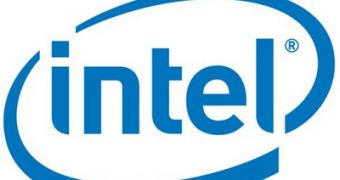In addition to having already started to ship the Sandy Bridge CPUs, Intel has supposedly also began to mass produce its latest platform for the mobile market, particularly that of tablet PCs.
So far, whatever tablets ended up loaded with the Windows 7 Operating System were powered by the x86 architecture.
Since Advanced Micro Devices doesn't actually have tablet processors running around, this left Intel's Pine Trail platform as the only option.
The Atom line of CPUs was not designed for this kind of device, however, since netbooks were its actual target.
Nevertheless, when it saw that the tablet market was genuinely here to stay, Intel promptly started work on chips and chipsets specifically meant for them.
This led to the creation of the Oak Trail platform, which is made up of the Atom Z670 CPU and the SM35 chipset.
It is this combination of products that Intel hopes will power the next generation of tablets and even successfully compete against ARM's various chips.
The ARM architecture has held the mobile phone and handset market for many years, and has also made itself felt strongly on the slate segment.
With Oak Trail, Intel hopes to, if not match, at least come close to the low power consumption of such units, while also providing as good if not a better performance.
The Santa Clara, California-based company also seeks to strike lower price points, since affordability is a must in case of mobile electronics.
Digitimes states that the price of the platform, when sold with MeeGo, will be of $25. The price for the Oak Trail + Windows 7 combination will be higher but has not actually been specified.
What remains to be seen is how the new solution matches up against the likes of Tegra 2 and if NVIDIA is quick to come up with the successor to that SoC.

 14 DAY TRIAL //
14 DAY TRIAL //